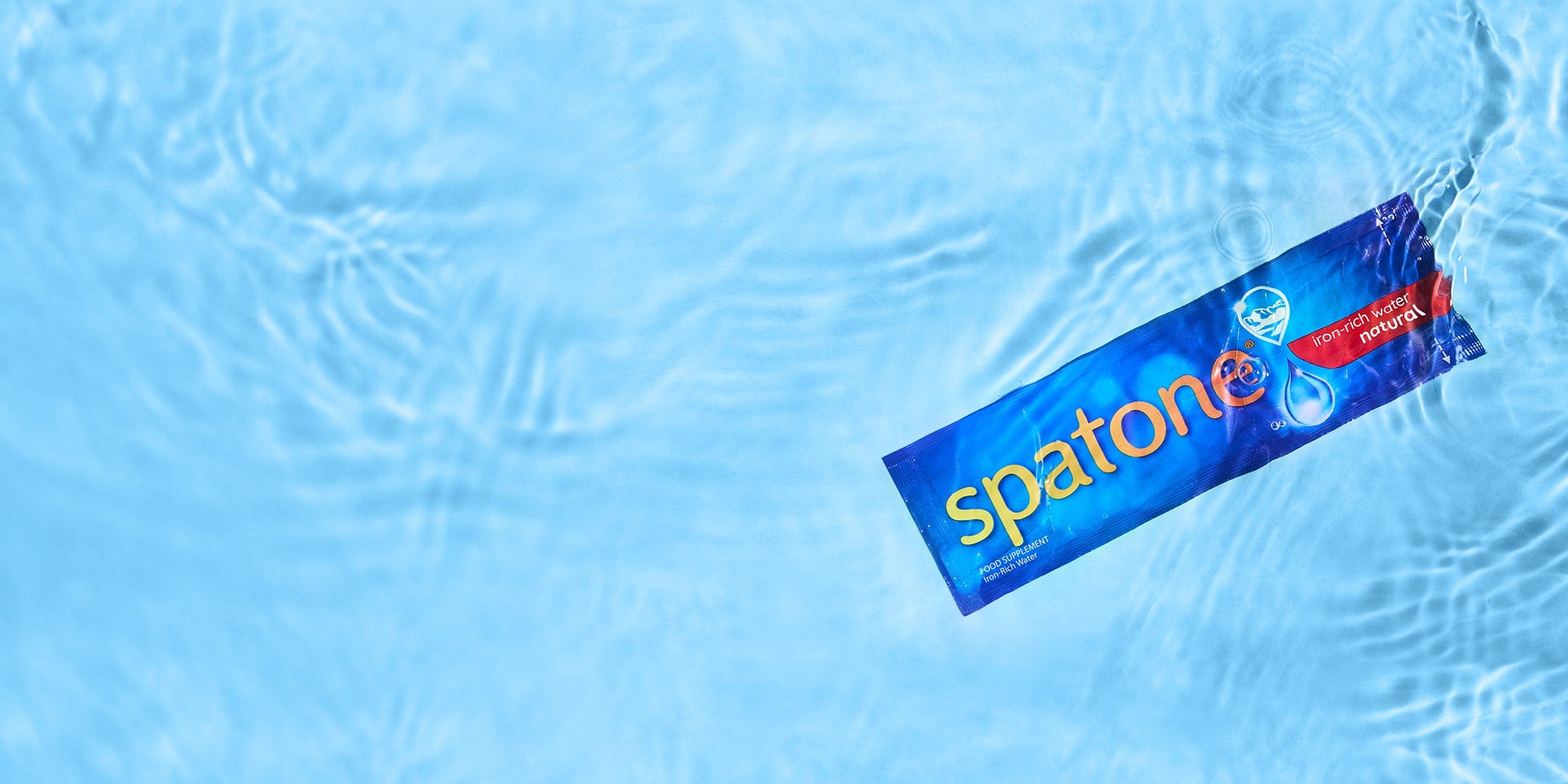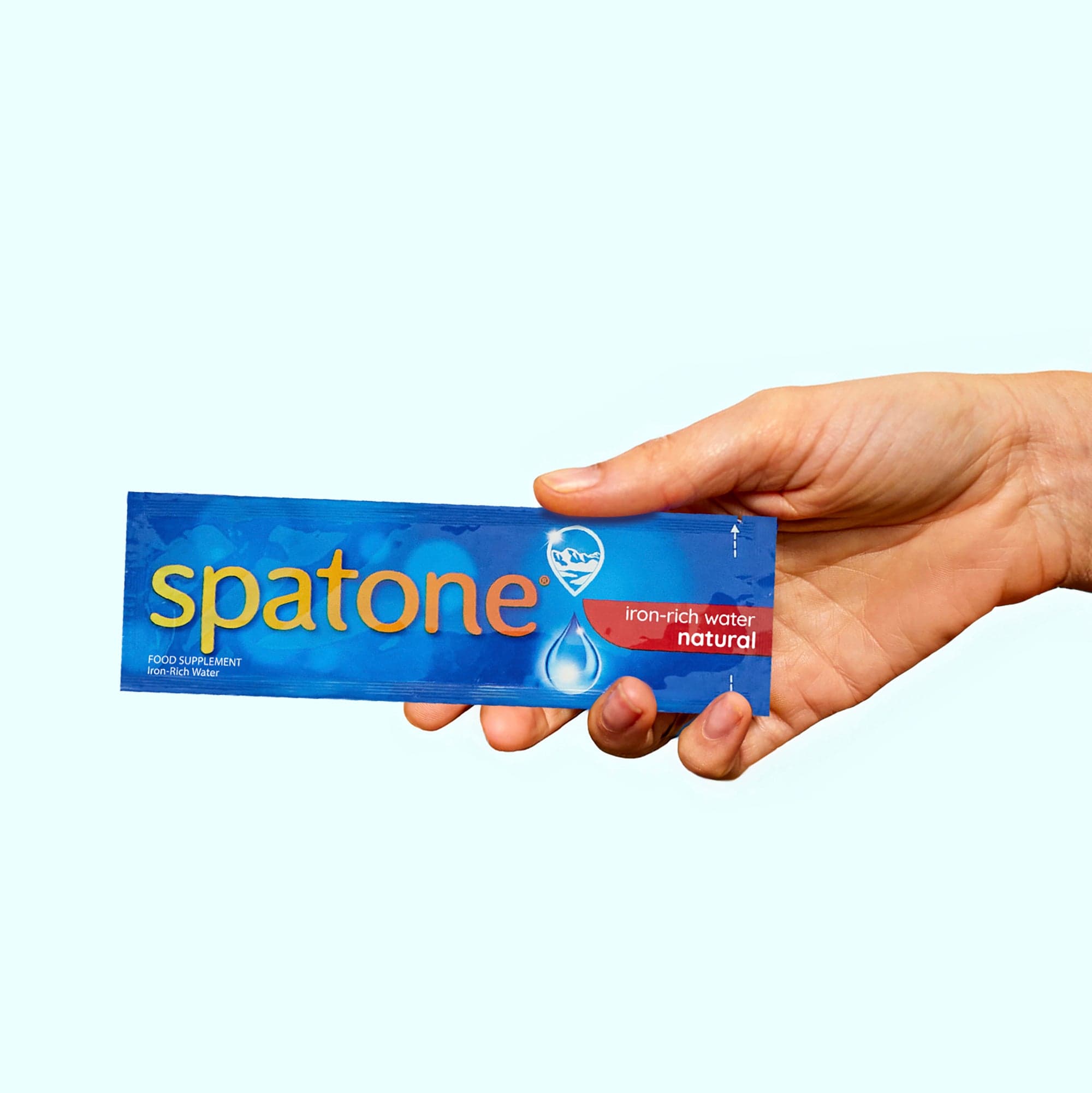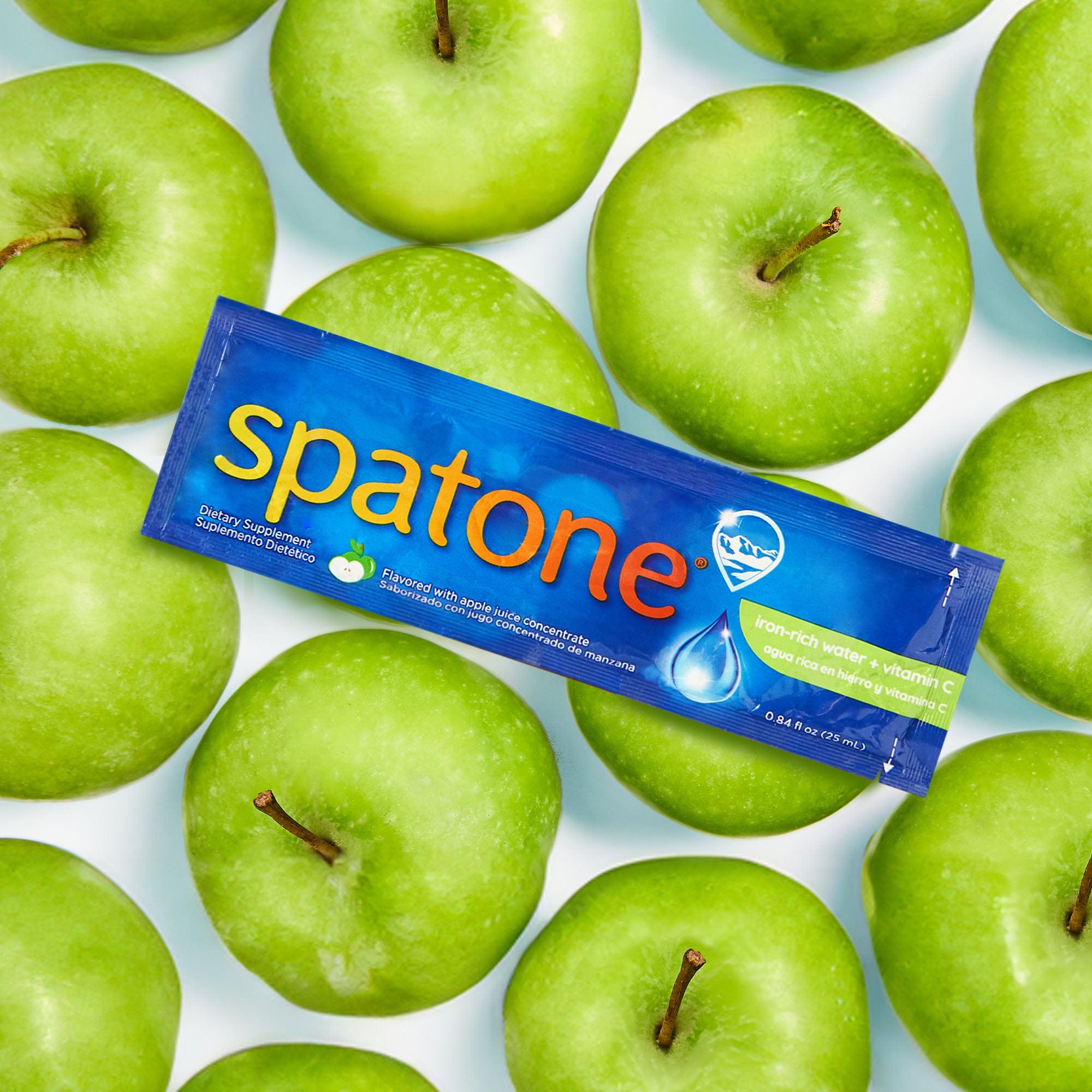Iron is essential for everyone, as it helps form haemoglobin, the protein in red blood cells that carries oxygen throughout the body. However it is even more important for those with active lifestyles, such as athletes, people on plant-based diets, like vegans, who may need to pay extra attention to their iron intake, and is particularly important for women. But why is that? Well, the main reasons relate to the female reproductive system.
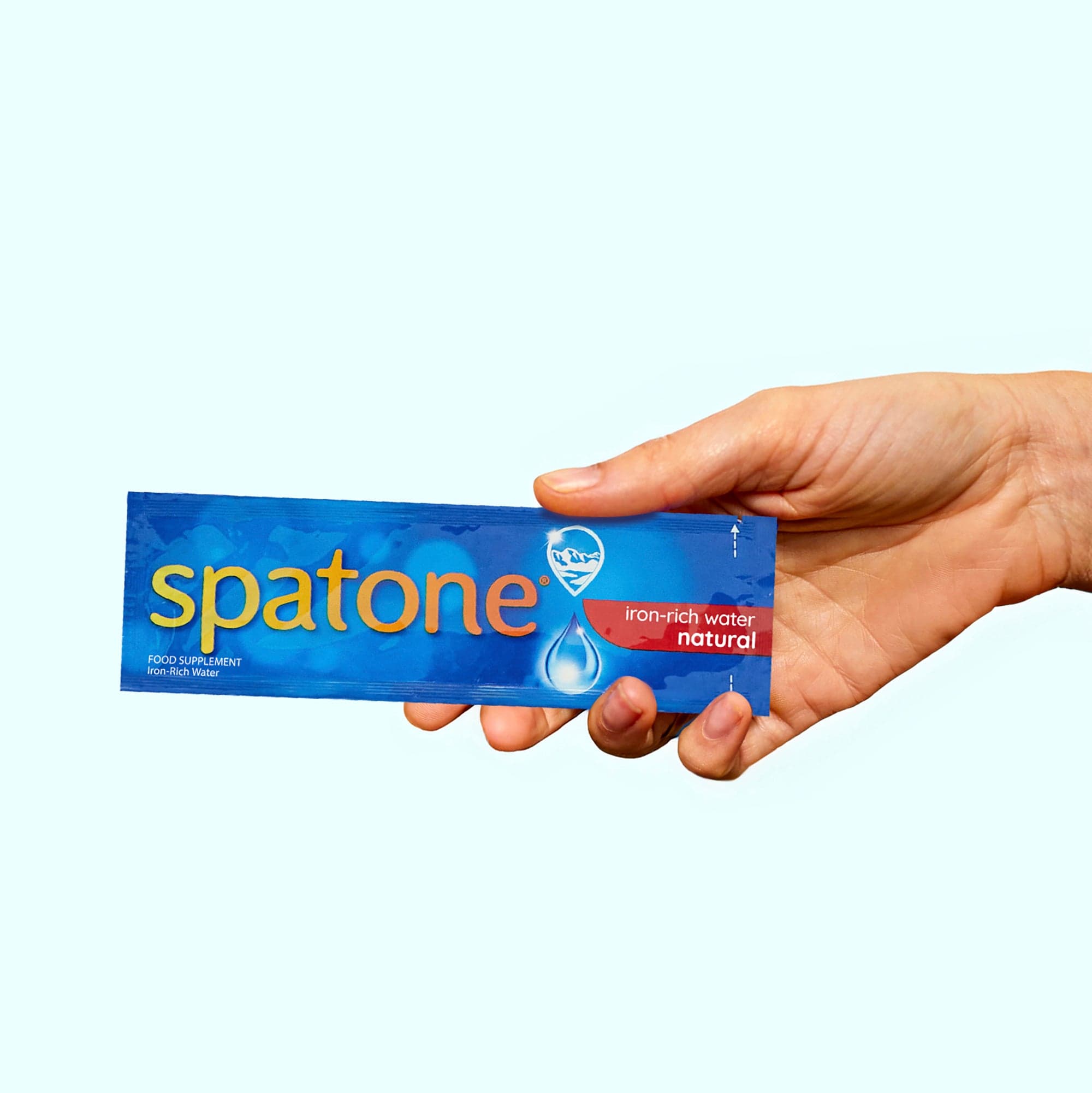
Women lose iron during menstruation
Iron is a crucial component of the haemoglobin in our blood, which transports oxygen around our bodies. As up to 96% of our blood is comprised of haemoglobin (1), this naturally means that women loose iron during menstruation, which our bodies don't naturally produce. In fact, UK dietary surveys indicate that many women are not getting enough iron (2). Therefore, menstruating woman need twice as much iron as men, and those with heavy blood-loss may need to top up their iron intake with a supplement.
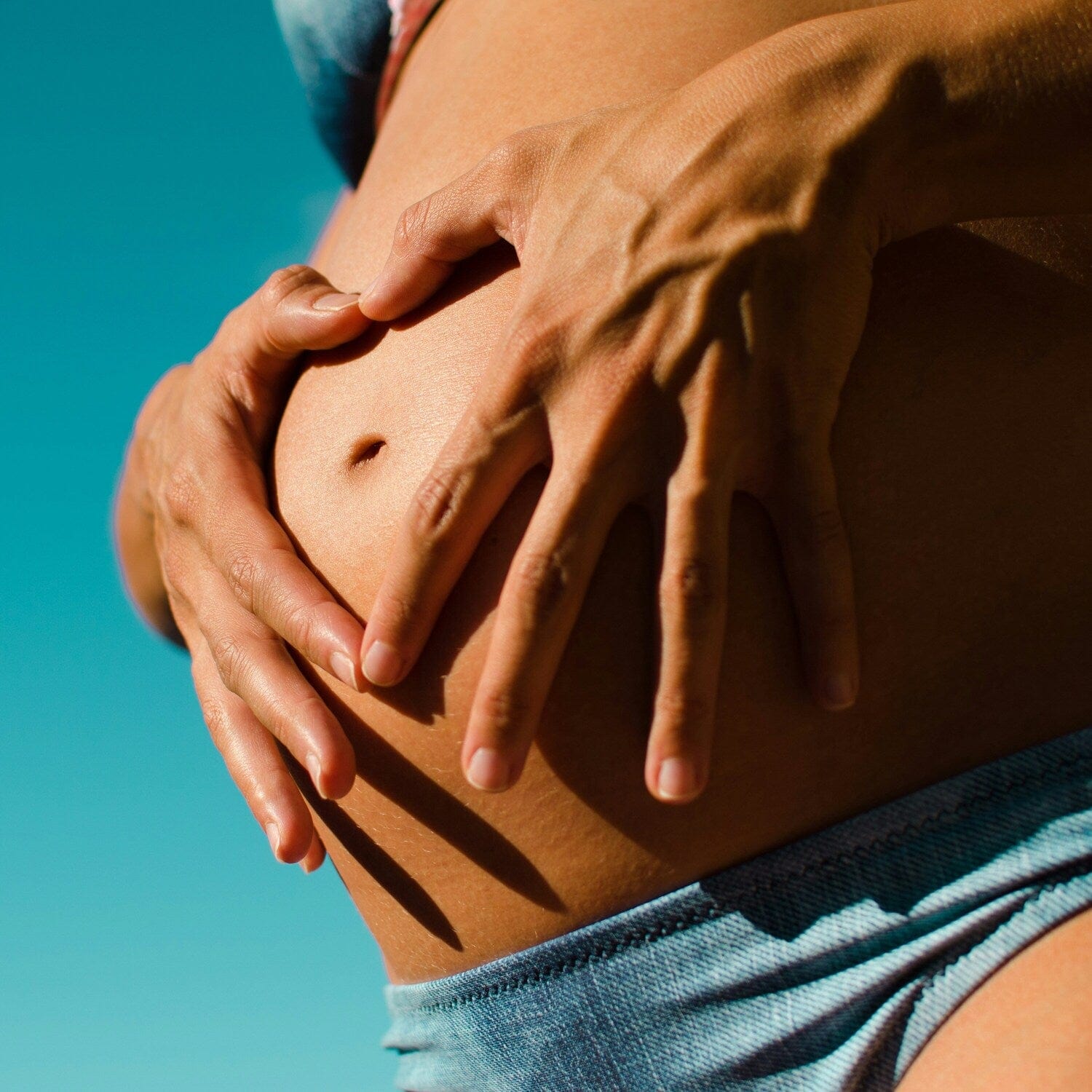
Pregnant women need a lot of iron
Just as iron is a crucial component of the blood in the adult human body, it’s also a crucial component of the blood of a developing foetus. In fact, growing babies are still absorbing iron from their mothers breast milk for up to 6 months after their births (2). Also, significant blood loss can occur following child birth.
If you are pregnant, your doctor will usually measure how much iron you have in your body and may recommend an iron supplement if needed.
Spatone® is easy to absorb and gentle on the stomach (3) making it ideal during pregnancy.
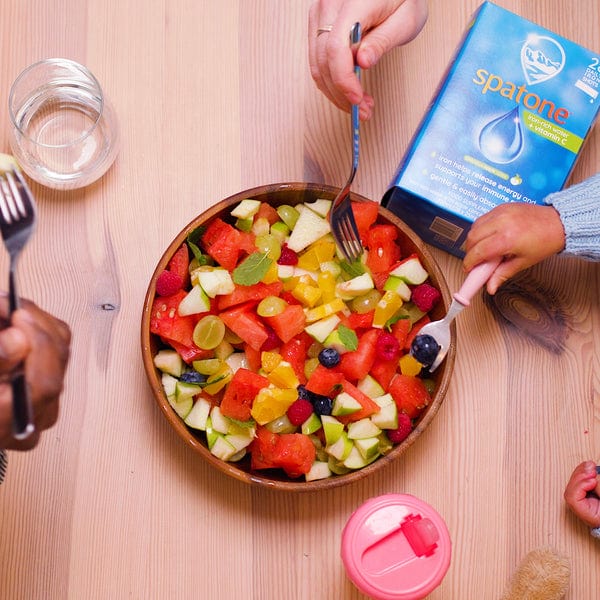
Restricted Diets
Non haem iron from plant based sources is more difficult for the body to absorb than haem iron from meat (4). Therefore vegetarians or vegans may find it harder to maintain adequate iron levels from diet alone, particularly those with an increased need for iron (for example due to menstruation or pregnancy).
(1) Society, C. P. (2007, April 12). Iron needs of babies and children. https://www.ncbi.nlm.nih.gov/pmc/articles/PMC2528681/
(2) British Dietetic Association, 2023. Iron-rich foods and iron deficiency.
https://www.bda.uk.com/resource/iron-rich-foods-iron-deficiency.html
(3) Worwood M, et al. Iron absorption from a natural mineral water (Spatone® Iron-Plus). Clin Lab Haematol. 1996
(4) Iron and Health', UK Scientific Advisory Committee on Nutrition, 2010 SACN_Iron_and_Health_Report.pdf
Food supplements should not be used as a substitute for a varied and balanced diet and a healthy lifestyle. Always read the label and use only as directed. If you are concerned about your iron levels, you should speak to your healthcare professional.
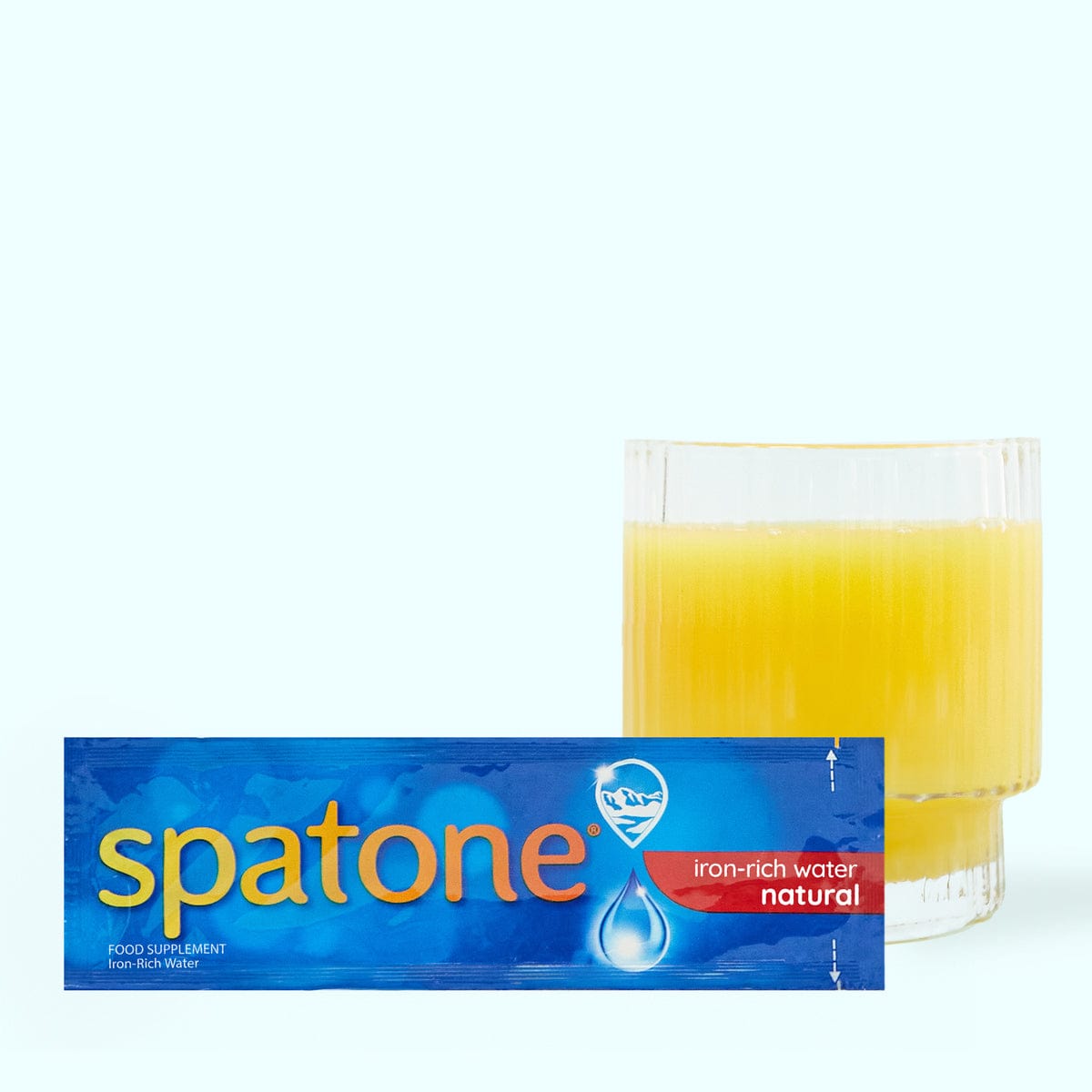
How Much Iron is Needed?
The daily recommended intake of iron varies by age, gender, diet type, and health status. The body is not efficient when it comes to absorbing iron, we only absorb and use a portion of the iron we take in. Especially if the type of iron we absorb is non-haem iron, often found in vegetarian sources as our bodies find this much harder to absorb. Due to the difficulty in absorption of iron, it can be difficult to sustain our iron levels and we may have an iron deficit without realising (4).
Learn More(4) Jim McMorran, et, al. (2011, July 20). Haem and non-haem iron. Retrieved January 17, 2018
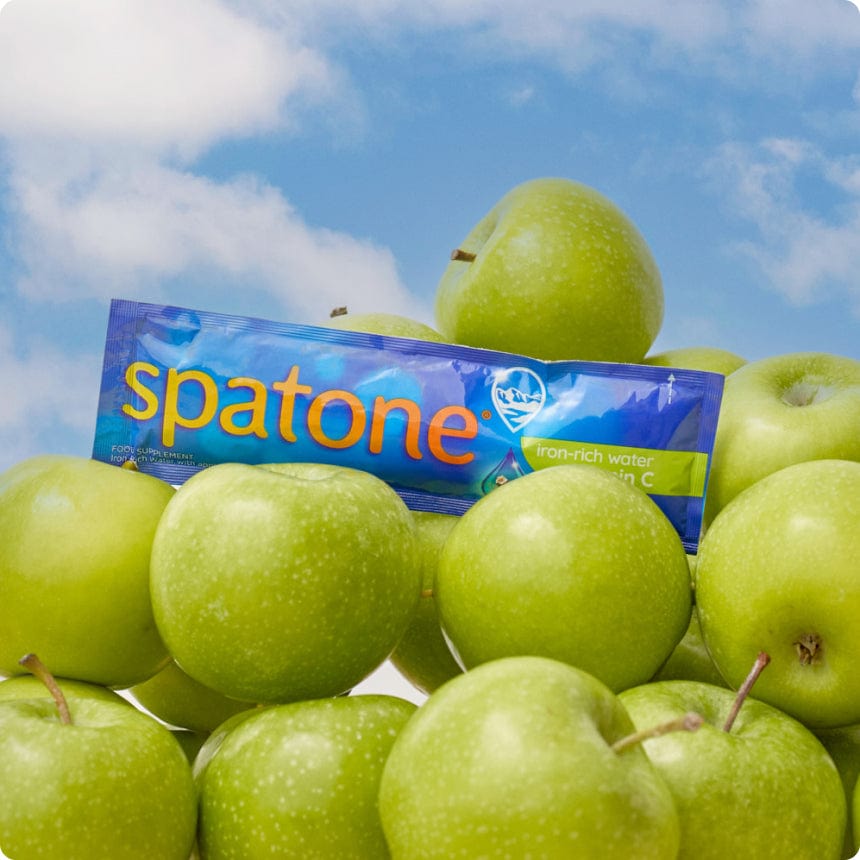
The Role of Iron
The role of iron in our bodies is a complex one. Iron is an essential element for blood production and supports many other bodily functions. We need to ensure we maintain normal iron levels to function at our best. As our bodies do not produce iron, we need to make sure we include sufficient iron as part of our healthy diets.
Learn More